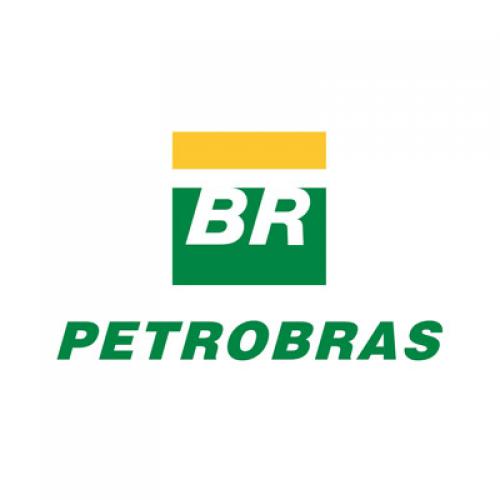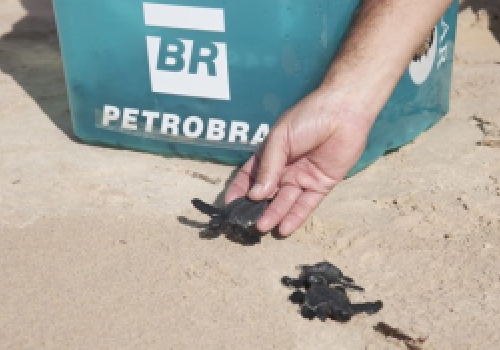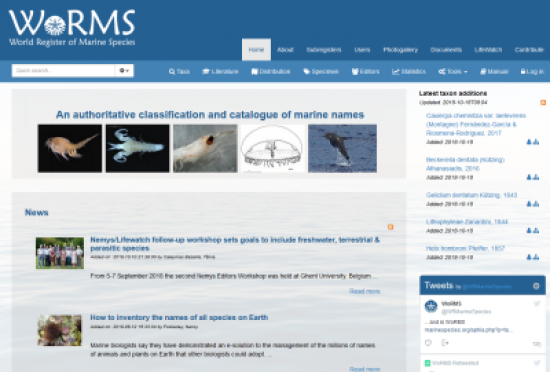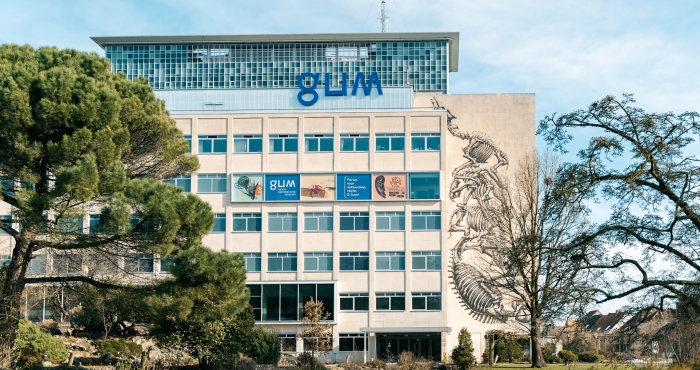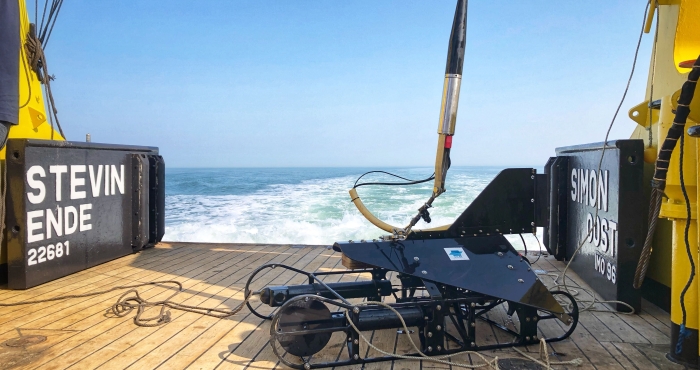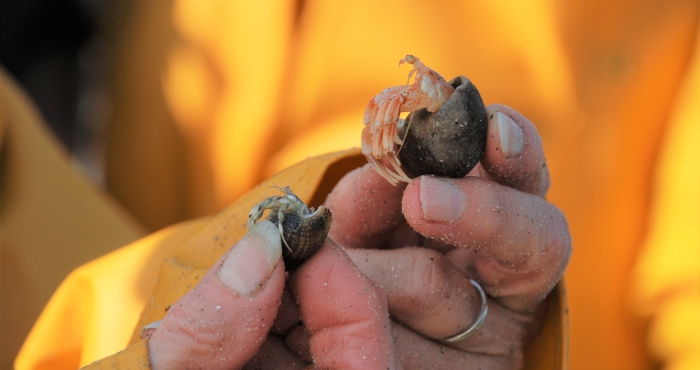
Environmental responsibility is a hot topic these days! For the Brazilian oil and gas magnate Petrobras, this means caring for the safety of their operations and undertaking actions to balance their activities and the welfare of their workforce and of the communities. By improving products and processes, increasing efficiency, providing training and sponsoring conservation and ecosystem preservation projects, they always seek to grow by contributing to sustainable development. To do so, Petrobras has an environmental database program, in which the World Register of Marine Species (WoRMS), one of the components of the LifeWatch Species Information Backbone, plays an important role for standardizing the biological data.
